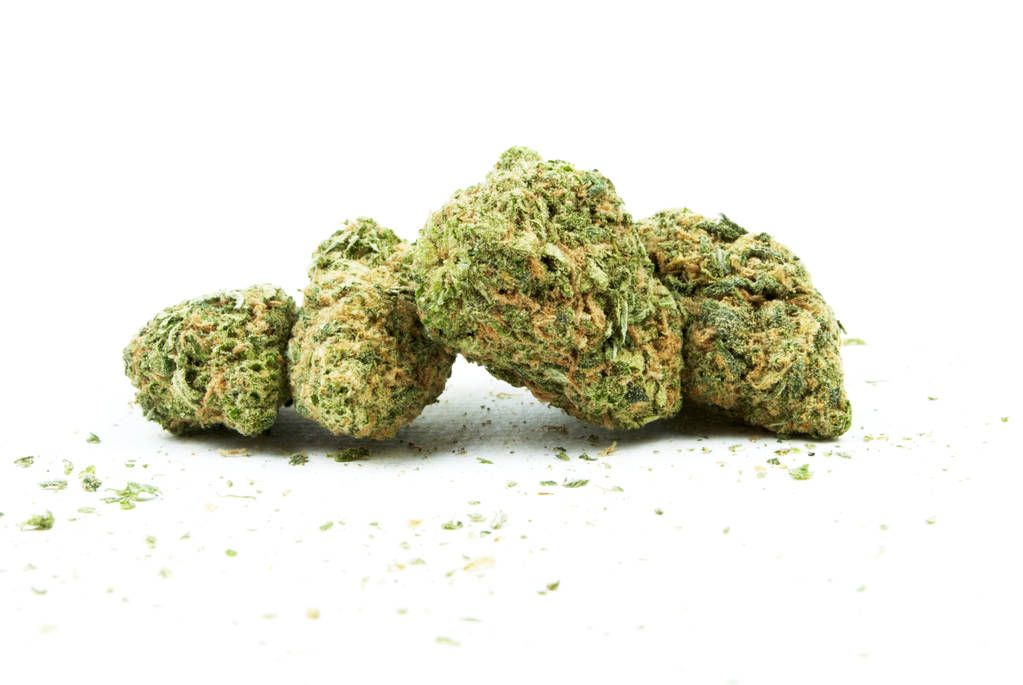As November approaches, both North and South Dakota find themselves at pivotal moments in their respective paths toward marijuana legalization.
 Voters in both states will have the opportunity to decide on measures that would legalize recreational marijuana for everyone 21 and older.
Voters in both states will have the opportunity to decide on measures that would legalize recreational marijuana for everyone 21 and older.
In North Dakota, Measure 5 would allow for the possession and use of up to one ounce of marijuana, four grams of marijuana concentrates, 1,500mg of THC in the form of cannabinoid products, and 300mg of edibles.
The measure mandates that the Department of Health and Human Services, or another department or agency designated by the state legislature, must establish marijuana regulations, including those governing production and distribution, by October 1, 2025. Additionally, the measure permits the department to license up to seven cultivation facilities and 18 marijuana retailers.
“We’re excited for North Dakotans to cast their votes on the legalization of adult-use cannabis in November”, says Steve Bakken, chairperson of the New Economic Frontier, which put forth the initiative. “It represents a unique opportunity for North Dakota to diversify its economy and alleviate some of the burden on our law enforcement and judicial systems. It’s about unlocking our state’s potential and securing a brighter future for all residents.”
For the full text of Measure 5, click here.
In South Dakota, the initiative on the ballot —Measure 29— is similar in scope but includes some differences. The measure would allow those 21 and older to possess up to two ounces of marijuana,16 grams of concentrated cannabis, and 1,600 mg of THC contained in cannabis products, while also allowing them to cultivate up to 12 plants for personal use. The measure proposes a regulatory framework for commercial sales, including licensing and taxation provisions.
This is South Dakotans for Better Marijuana Laws third attempt to legalize marijuana. In 2020, the group successfully passed Amendment A, which similarly sought to legalize recreational marijuana. However, the amendment was later overturned by the state’s Supreme Court, which ruled that it violated the state’s single-subject rule.
In 2022, the group rallied again, placing Initiated Measure 27 on the ballot. Despite their efforts, the measure narrowly failed, falling short by just a few percentage points. Analysts attributed the failure to lower voter turnout, with 2022 not being a presidential election like in 2020.
For the full text of Measure 29, click here.
Both North and South Dakota join Florida as states voting on marijuana legalization measures this November 5.






